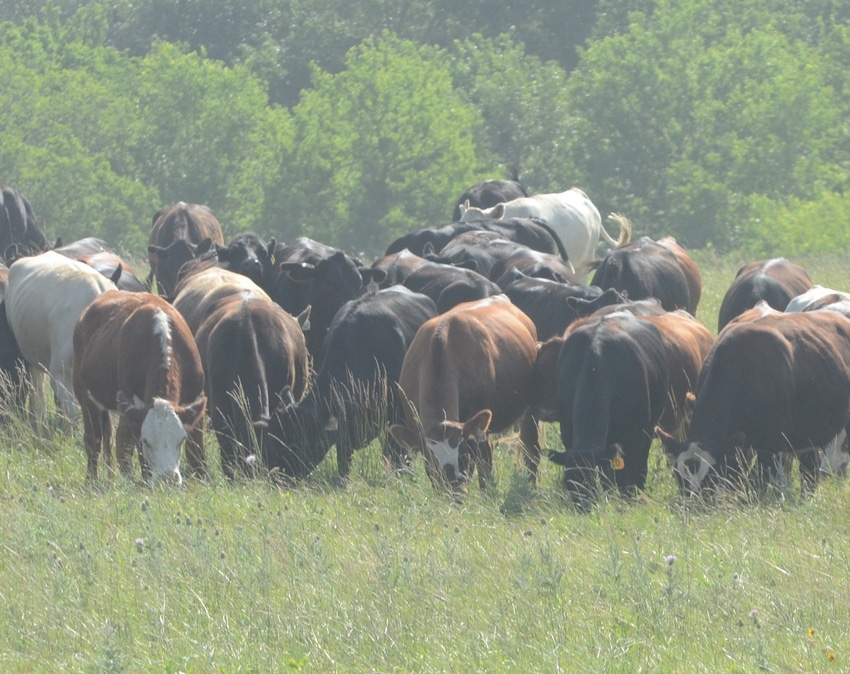New policy asks producers and veterinarians using these programs to prioritize the health and welfare of cattle.
March 29, 2018

Raised-without-antibiotics (RWA) programs for cattle production have become increasingly popular with consumers, but when an animal in one of these programs needs antibiotic treatment for an illness or injury, they typically must leave the marketing program.
It is this leaving the American Association of Bovine Practitioners (AABP) is concerned with.
An AABP task force created a position statement on RWA programs, which can be found at http://aabp.org/Resources/AABP_Guidelines/AABPrwaPSfinal.pdf.
The task force was formed to determine the need for AABP to have a position statement on what animal care and health factors are critical components of programs that raise cattle without antibiotics. It further wanted to make recommendations on what would constitute planning for and providing of care for ill or injured animals in RWA programs, as is done for cattle raised in conventional systems, says Dr. Brandon Treichler, chairman of the task force.
"Animal welfare is one of our primary obligations as veterinarians,” adds AABP President Dr. Mike Apley. “We are not making any kind of statement as to the acceptability of these programs, but rather how veterinarians can best work with producers in RWA programs to ensure animal welfare is at the forefront. Supporting our clients in the husbandry of their animals is very important to us.”
Here are the three major tenets of the AABP RWA position statement.
Within the context of a written Veterinarian-Client-Patient Relationship (VCPR), there must be documented strategies in place that allow for responsible use of antibiotics when needed.
Responsible RWA programs should recognize that some cattle will still develop diseases or sustain injuries that require antibiotic treatment.
Responsible RWA programs must also include alternative marketing plans for those animals that do require antibiotic treatment.
Apley adds: “We are committed to animal welfare in all types of systems; the unique situation in the case of RWA programs is that antibiotics are not an available tool if the animal is to stay in the program, which requires some different approaches in how producers and veterinarians plan for and respond to disease challenges.”
Guidelines and position statements are reviewed one and three years after approval for updating as needed.
Source: AABP
You May Also Like



